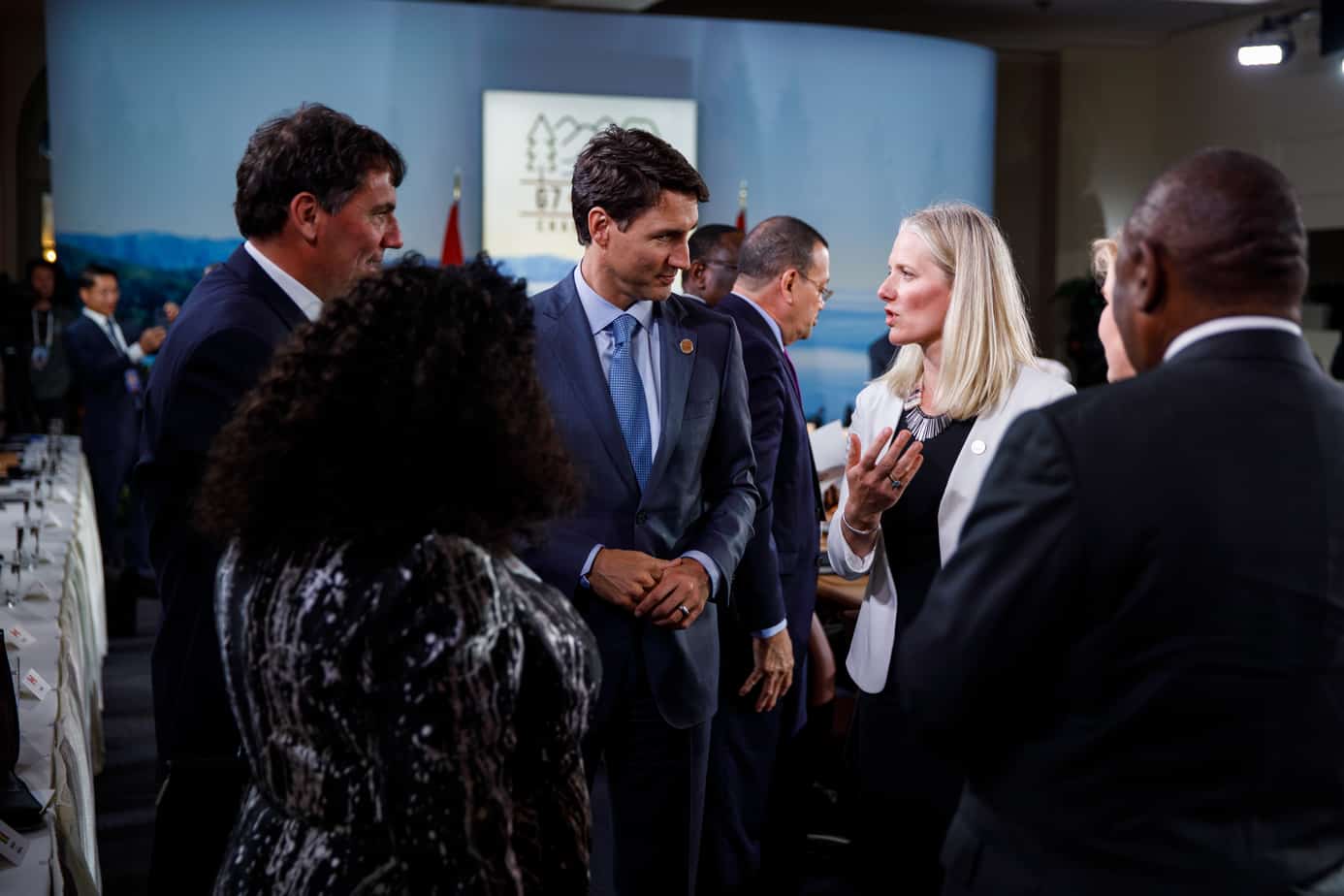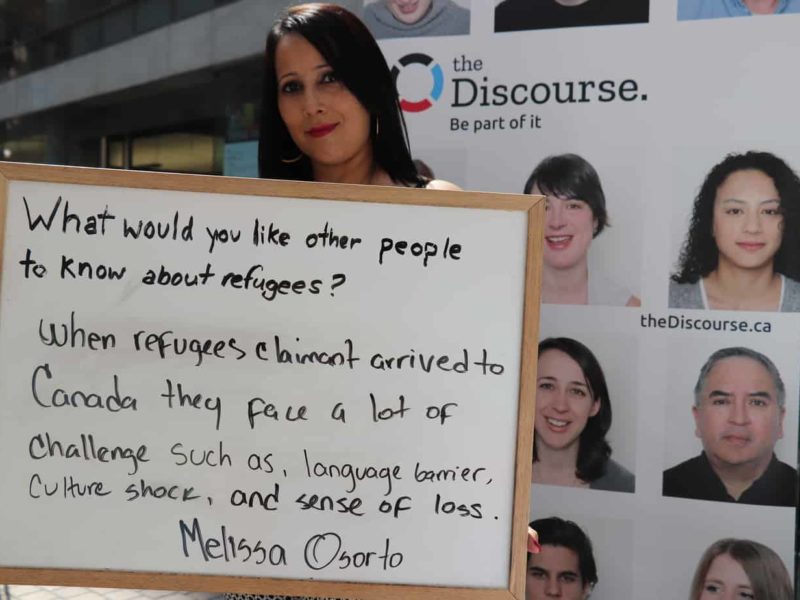
A few weeks ago, I had an interesting conversation with Ali Ruddy, one of my readers from Victoria, B.C. She’s concerned about plastic pollution and has been leading a campaign against plastic straws in Victoria. Many restaurants supported her campaign and started replacing things like plastic straws and cutlery with pricier ones made of compostable plastic.
Ali was curious about where these ended up, so she started calling around and visited a local compost facility. Through this work, she discovered that, in Victoria, most compostable plastics still get thrown out because compost facilities aren’t able to process them, she said. “I felt so bad telling a couple of them that the products they’re using are ending up in the landfill.”
“To me, that’s a story in itself — the greenwashing that’s going on out there,” she told me. Ali’s story piqued my curiosity so I started doing some research. It turns out the global market for biodegradable plastics hit US $3.61 billion in 2016 and is growing rapidly, according to an analysis by Hexa research and Research and Markets. But that doesn’t mean they’re being recycled.
In my neighbourhood in Vancouver, I can purchase toothbrushes, cups and compost bin liners made out of compostable plastics, but the city’s website clearly states they’re not accepted in the municipal compost or recycling.
“Plastics, including those marked biodegradable, and similar items (such as plastic wrap, elastics, twist ties, straws, and swizzle sticks) contaminate compost and reduce its value — keep them out of the green bin. Remove them for re-use, or put them in the garbage,” the metro Vancouver website says.
Is this happening across Canada? What do you think? Is it worth digging into compost greenwashing for my next big investigation?
You can help me decide by sending me:
- Stories about challenges you’re facing with your municipal compost or recycling;
- Questions you have about compost, waste or plastic you want me to answer or investigate;
- Suggestions about who to interview;
- Tips on where to dig for information;
- Any other information you think would be useful.
You can reach me by email, on Facebook, via Twitter or by filling out the form at the end of this newsletter. In addition, if you know anyone who is interested in this topic and might want to help, please share this newsletter with them.
Update: The G7 Plastics Charter.

At the G7 last week, five G7 countries and the European Union signed a plastics charter in which they pledged to tackle plastic pollution, including a promise to work with industry to ensure 100 per cent of plastics are reusable, recyclable or recoverable by 2030.
But critics told reporters it’s not enough. They expressed concerns that the targets in the charter are not binding and worried about a lack of ways for holding industry accountable for plastic waste. Environmentalists have been calling for a national strategy on plastics for months, but the government has yet to deliver. [end]
If you’d like to receive Alia’s next newsletter, where she provides updates on her investigations on sustainable development and tells you how you can help, sign up here.



